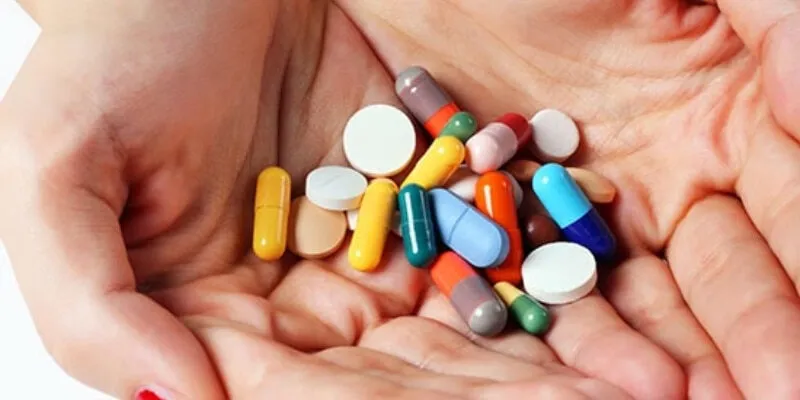Antimicrobial resistance (AMR) has emerged as a significant global health threat, with millions of deaths each year from infections that are no longer treatable with commonly used antibiotics. In response to this situation, AMR awareness events have been organized to inform the public, healthcare professionals, and policymakers. This article of Africaamr will help you understand the critical role of these events.
Why AMR Awareness Events Are Essential
Microorganisms such as bacteria, viruses, fungi, and parasites have developed resistance to antibiotics, making disease treatment more complex. Here are some reasons why AMR awareness events are increasingly important:
Threats of AMR
The rise of AMR is not just a medical issue but also a threat to the entire global healthcare system. The increasing resistance means that conventional antibiotics are becoming less effective in treating common infections. This leads to higher mortality rates, increased treatment costs, and longer hospital stays.
Africa is one of the regions most severely affected by AMR due to antibiotic misuse and poor sanitation conditions. Consequently, AMR education campaigns are vital for educating the community and stakeholders about the dangers of AMR.

Objectives of AMR Awareness Events
These events are designed primarily to increase public understanding of the correct use of antibiotics and the crucial role of infection prevention. They fulfill a range of important functions, including:
- Educate Healthcare Providers: They offer valuable training for healthcare professionals on the principles of appropriate antibiotic prescribing, ensuring that medical staff are well-informed about best practices.
- Foster Collaboration: They facilitate greater cooperation among policymakers, global health organizations, and local institutions, aiming to create a unified approach to tackling antimicrobial resistance.
- Advocate for Policy Development: They support the creation and implementation of effective policies for monitoring and controlling antibiotic use, striving to ensure that antibiotics are used responsibly and effectively.
Key Aspects of AMR Awareness Events
Once you understand the objectives of the event, we will present the main content for better clarity!
Community Education Campaigns
A key element of AMR awareness events is educating the community. These events employ a range of formats—including workshops, presentations at schools and hospitals, and media campaigns—to effectively communicate the importance of using antibiotics responsibly.
They also highlight the dangers associated with self-medication and the necessity of following medical advice. By utilizing diverse methods of outreach, these events ensure that the message about safe antibiotic practices reaches a broad audience, fostering greater public understanding and engagement.

Providing advanced education and skill development for medical practitioners
Healthcare professionals are pivotal in the fight against antimicrobial resistance (AMR) due to their direct involvement in prescribing antibiotics and advising patients on their usage. Their role is crucial because they are at the forefront of implementing strategies to prevent and manage AMR. To support them in this vital task, AMR awareness events frequently incorporate comprehensive training sessions. These sessions are designed to equip healthcare providers with detailed knowledge about best practices for antibiotic use, including when and how to prescribe antibiotics effectively.
In addition to focusing on appropriate prescribing practices, these training sessions emphasize the importance of accurate diagnosis and treatment of infections. By enhancing their skills and understanding, healthcare professionals can make informed decisions that help minimize the risk of developing AMR. These events also cover the latest research and emerging trends in AMR, ensuring that medical staff remain up-to-date with current guidelines and techniques.
Overall, AMR awareness events are instrumental in empowering healthcare professionals with the tools and knowledge necessary to combat AMR effectively, ultimately leading to better patient outcomes and a reduction in resistance rates.
Enhancing Global Collaboration
A crucial element of AMR education campaigns is promoting international collaboration. These initiatives often bring together prominent global health organizations, including:
- The World Health Organization (WHO): The leading international body responsible for global public health and coordinating international health initiatives.
- Non-governmental organizations (NGOs): Independent, non-profit entities that work on various global and local issues, including health advocacy and support.
By engaging these key players, AMR awareness campaigns strengthen global partnerships and enhance collective efforts to combat antimicrobial resistance.
Conclusion
Organizing more AMR awareness events is a critical step towards combating antimicrobial resistance and building a more sustainable healthcare system. We hope this article helps you gain a better understanding of these important events and their impact.
